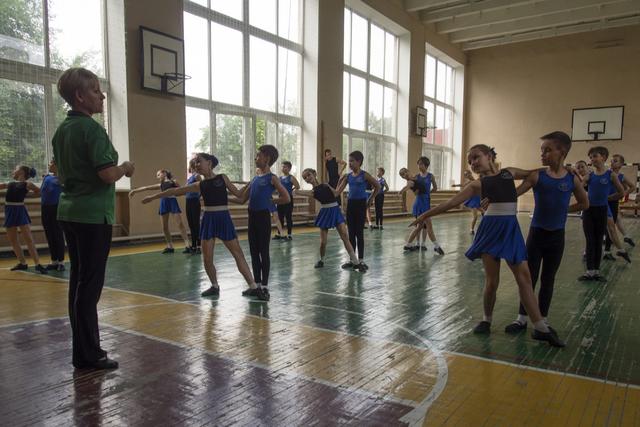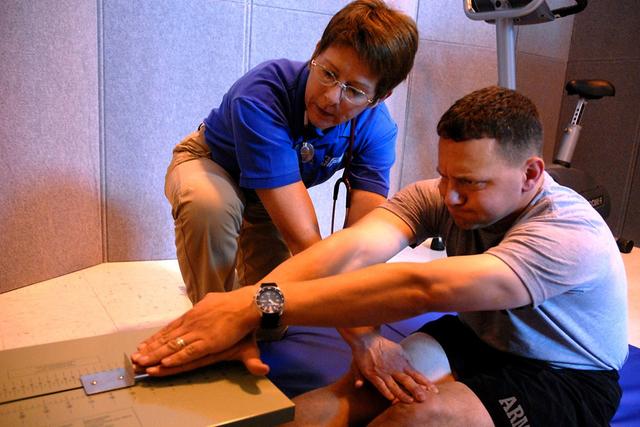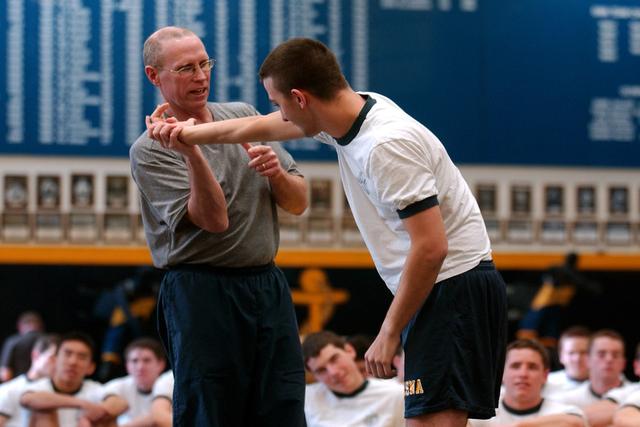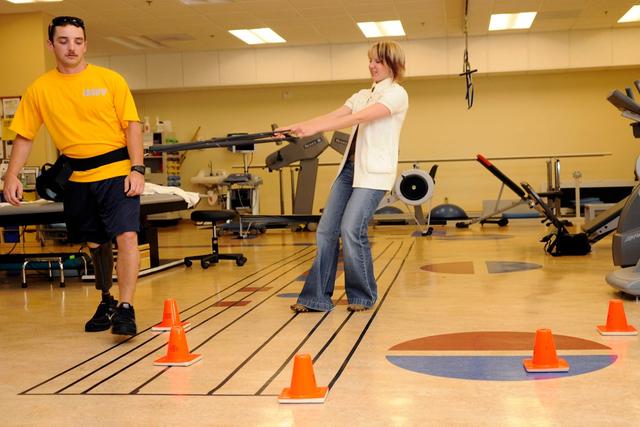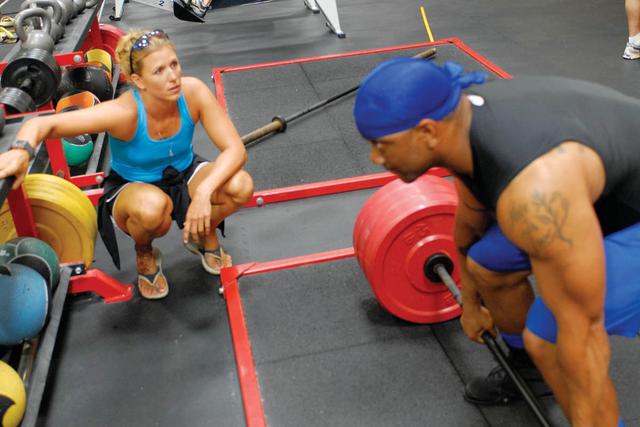Athletic Directors
Overview
Introduction
Athletic directors coordinate and oversee athletic programs at public and private colleges and universities. They manage staff; calculate budgets; negotiate broadcasting and other business contracts; raise funds to meet budget shortfalls; ensure that their programs meet academic-, financial-, and gender-related compliance issues; and serve as the public faces of their institutions athletic programs by talking with media and fans. Athletic directors may also be called directors of athletics, athletic directors of intercollegiate ...
Quick Facts
Median Salary
Employment Prospects
Minimum Education Level
Experience
Skills
Personality Traits
Earnings
Salaries for college administrators vary widely among two- and four-year colleges and among public and private institutions, but they are generally comparable to those of college faculty. According to the U.S. Department of Labor, in May 2023, the median salary for postsecondary education administrators (which include athletic directors) was $94,340. The lowest paid 10 percent of all administra...
Work Environment
Athletic directors work in a typical business office setting. Athletic directors at large schools have their own offices and large administrative staffs, while directors at small schools may have to share an office and do much of the work associated with this position themselves.
Athletic directors often work more than 40 hours a week, including evenings and weekends. They travel to prof...
Outlook
The U.S. Department of Labor predicts that overall employment for postsecondary education administrators (a career category that includes athletic directors) will grow about as fast as the average for all careers through 2032. The total number of athletic directors employed by colleges and universities remains fairly steady. While many colleges and universities may cut athletic budgets, some ne...












